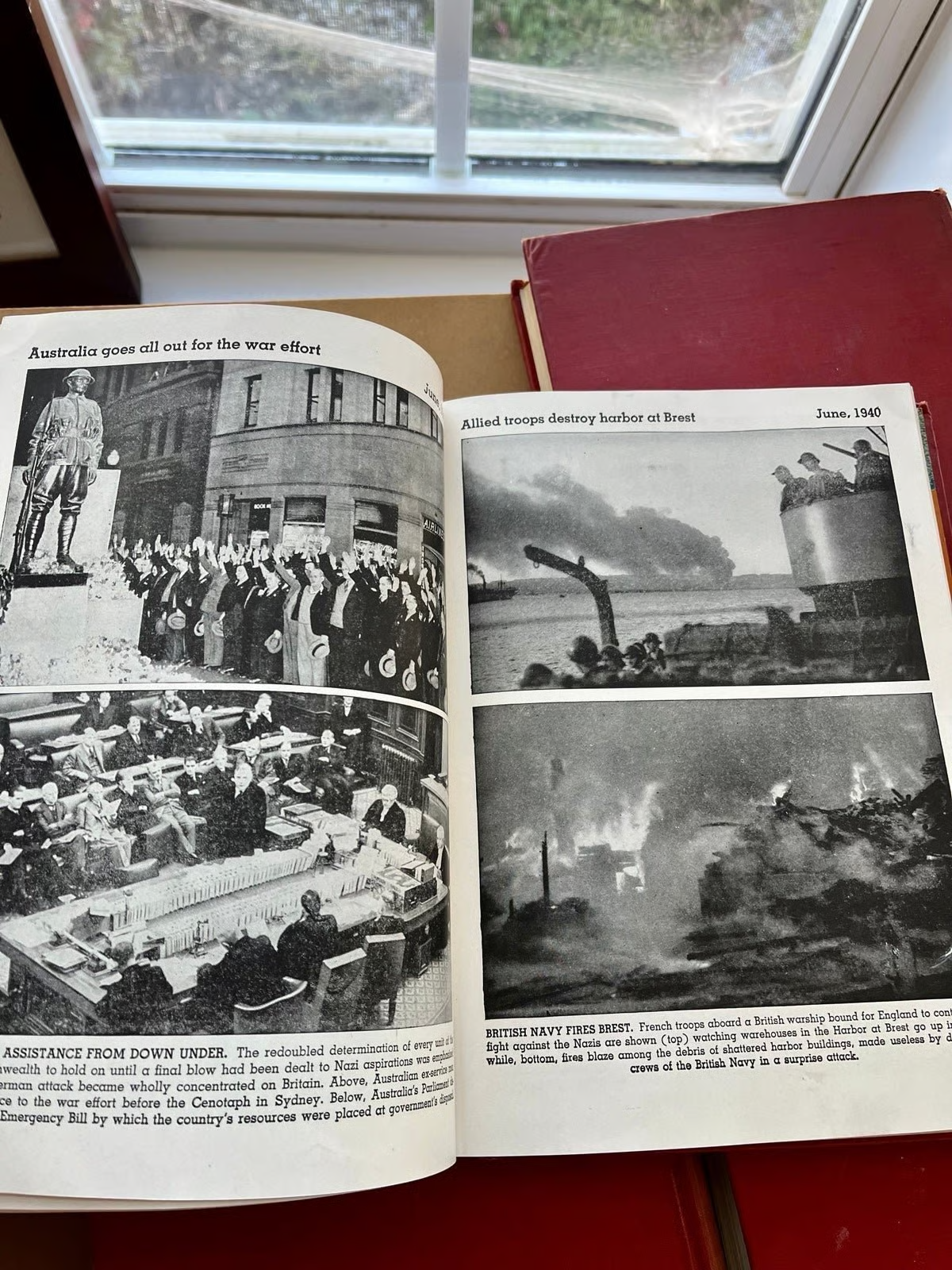You ever read something and just… stop? Not because the sentence was hard, but because it hit too close? That’s how it feels with the most powerful military nonfiction books. They don’t rush you through a story. They sit beside you, quietly, waiting for you to lean in and listen.
These books aren’t about just action or strategy. They’re about people. And not just in uniform, but who they were before, during, and after the war.
The Kind of Writing That Stays
The best military nonfiction books aren’t loud. They don’t need to be. Some of them feel more like someone sitting across the table from you, finally opening up after years of silence. No dramatic music, no perfect speech. Just a real person, remembering what they went through.
I wasn’t prepared for how Last Light with the Boys would hit me. Prescott Smith doesn’t write like someone trying to prove anything. He writes like someone telling the truth. Slowly. Carefully. Almost like the words had to fight their way out.
He served in Vietnam, not in some giant, explosive battle scene, but in the kind of missions people don’t talk about much. Long-range patrols. Jungle silence. The kind of stuff where every breath might be your last.
It’s the Details That Break You
There’s this part in the book, just a sentence, really, where he describes the weight of the night. Not the enemy. Not the danger. Just… the night. The way it wrapped around them like a question they couldn’t answer. I don’t remember the exact wording, but I remember the feeling. Cold. Tight. Like I was there.
That’s what real military nonfiction books do. They don’t just tell you what happened. They make you feel why it mattered.
It’s Not Just About War
Honestly, a lot of the strongest books in this category aren’t even about the fighting. Sure, that’s part of it. But what hits hardest is what happens after. How do you come home to a world that kept spinning while you were somewhere else entirely? How do you explain silence, or fear, or the habit of sleeping with one eye open?
Prescott writes about this, too. The stuff that followed him home. The way normal things didn’t feel normal anymore. The people who didn’t know what to say, so they said nothing at all. You could feel the isolation on the page.
Other Voices Worth Hearing
There are other books I’ve read that have that same weight. If I Die in a Combat Zone by Tim O’Brien is one of them. He doesn’t hide behind a tough exterior. He talks about fear. Doubt. The strange in-between space of serving in a war you didn’t really believe in.
Then there’s The Things They Carried. Some people argue it’s not strictly nonfiction, but honestly, it’s one of the most emotionally truthful books I’ve come across. O’Brien uses fiction to show real memories. Real confusion. Real loss.
These books don’t try to explain war. They don’t pretend to understand it. They just open the door and let you see inside someone else’s experience.
The Other Side of the Story
And it’s not just American voices that matter. The Sorrow of War by Bao Ninh was written from the viewpoint of a North Vietnamese soldier. You wouldn’t think that a book from the “other side” would resonate in the same way, but it does. Because the loss, the longing, the damage, none of it is one-sided.
It reminded me that uniforms might differ, but grief looks the same in any language.
Why We Keep Reading These Books
So why do we come back to military nonfiction books? For most of us, it’s not just about history. It’s about empathy. Perspective. Trying to wrap our heads around something we’ll hopefully never live through ourselves.
Maybe you have a family member who served. Maybe you’re just someone who wants to understand more than headlines or Hollywood versions. These books give you that window.
They don’t offer answers. They offer humanity.
Last Light Deserves a Spot on That Shelf
I’ve read a lot in this genre. Some books blur together, full of acronyms or battlefield diagrams. But Last Light with the Boys doesn’t. It lingers. Probably because it’s not written like a “military book” at all. It’s written like a letter you weren’t supposed to see. Honest. Worn. Quietly brave.
I think that’s what makes it stand out among military nonfiction books. It doesn’t try to make you feel patriotic. Or angry. Or proud. It just wants you to feel something real.
A Final Word, If You’re Still Reading
If this is a genre you haven’t explored much, don’t start with the loudest title or the biggest publisher. Start with something small. Something raw. Maybe even something a little messy.
Because war isn’t clean. Memory isn’t perfect. And truth isn’t always linear.
But it’s in these books, especially the quiet ones, that you’ll find a kind of truth that fiction can’t reach.

